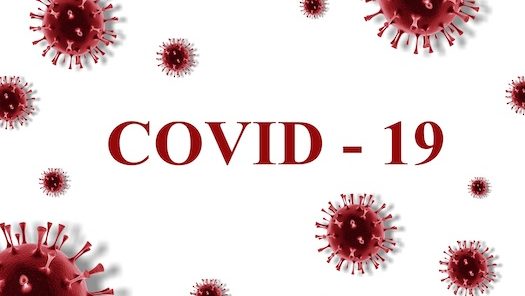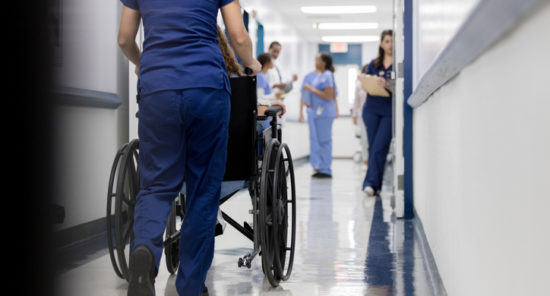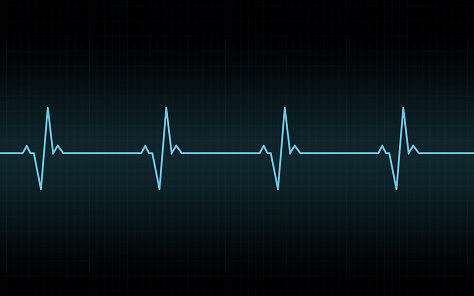A study evaluated outcomes following epilepsy surgery in non-lesional intractable focal epilepsies and asked whether there were certain factors that would forecast better outcomes. The researchers found that patients with non-lesional focal epilepsy had the best postoperative seizure outcomes after epilepsy surgery.
Forty adult patients with intractable focal epilepsy were retrospectively reviewed. They all underwent presurgical evaluation and resective surgery, and were followed up for at least two years. Postoperative outcomes were assessed per procedure type and histopathology results.
At the first year, among all non-lesional cases, 19 patients (47.5%) achieved seizure freedom, and 17 patients (42.5%) achieved the same outcome at the second year. At two years, seizure freedom was achieved by 10 patients (45%) with non-lesional temporal lobe surgery and five patients (38%) with non-lesional frontal lobe surgery. Among extratemporal lobe patients, seizure freedom was achieved by eight (44%) patients at one year and seven patients (38%) at two years. Patients with localized PET< no aura, and a clear ictal onset either on scalp or electroencephalogram (EEG) or subdural invasive EEG had good prognoses.
“The best surgical outcome is achievable in patients with non-lesional focal epilepsy. This study highlights the prognostic value of the PET scan and ictal scalp/subdural invasive EEG,” the study authors concluded.
Source: Epilepsy Research (https://www.sciencedirect.com/science/article/abs/pii/S0920121121000735?via%3Dihub)
Tags: epilepsy, seizure, non-lesional focal epilepsy, epilepsy surgery









